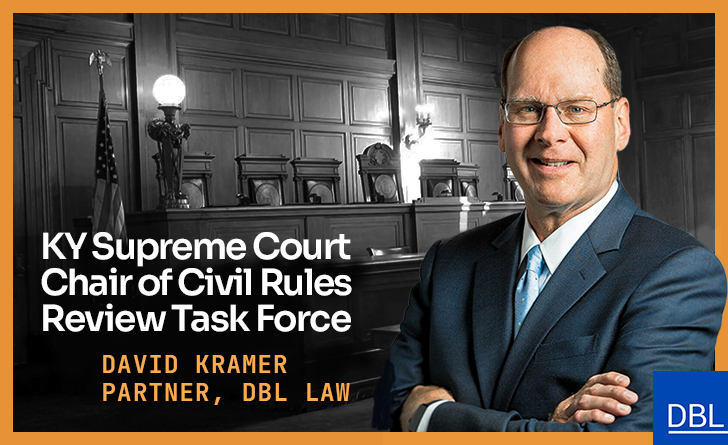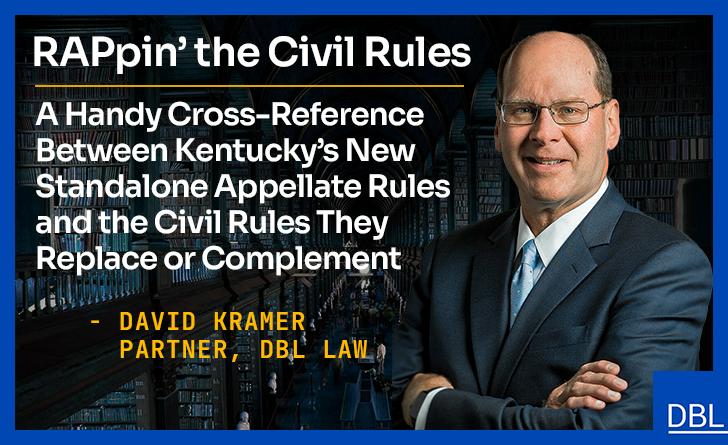The Kentucky Supreme Court recently held that a pre-injury liability waiver signed by a parent on behalf of a minor child in favor of a for-profit trampoline park was unenforceable.
The unanimous decision in Miller v. House of Boom, LLC, 2018-SC-000625 (issued June 13, 2019), surveyed American law and noted that eleven out of twelve jurisdictions that have addressed the issue have voided parental exculpatory agreements with for-profit entities. The Court also relied in part on Kentucky common law providing that a parent has no right to unilaterally compromise or settle a child’s cause of action or enter into a contract on behalf of a child absent special circumstances.
Among the circumstances the Court noted in which parents have inherent authority are the “right to raise their child, choose the child‘s educational path, and make healthcare decisions on a child’s behalf.“ In regard to healtcare, a parent’s authority to consent to medical care for a child is reflected in several Kentucky statutes, including KRS 214.185, which acknowledges a parent’s inherent authority over the child’s medical care but also provides some exceptions when a minor may consent to certain treatments on his or her own, and KRS 403.353, which gives parents a right to designate another adult as temporary custodian in their absence by use of a power of attorney.
On the other hand, the Court reasoned that under Kentucky common law a parent generally does not have authority to enter into contracts on behalf of a child when dealing with the child‘s property rights, but rather must seek appointment as the child’s guardian by a district court in order to do so, as well as obtain judicial approval of the settlement of any lawsuit.
The Court rejected various public policy arguments made by the trampoline park, including that such liability waivers promote affordable recreation activities for children. The Court noted that the for-profit nature of the activity provided the facility the ability to obtain liability insurance and spread the cost among customers. The Court also reasoned that enforcing parental liability waivers actually reduced the incentive for such businesses to protect child safety.
The Court stated in a footnote that it was not addressing the question whether parental liability waivers in favor of non-profit recreational providers or youth sports leagues were valid, while noting that a “slight majority“ of jurisdictions have enforced such agreements.
The decision was designated to be published in the South Western Reporter but is not yet final as of this writing.
David Kramer is a Partner and Chair of the Civil Litigation practice area of DBL Law, with offices in Cincinnati, Ohio, and in Crestview Hills and Louisville, Kentucky.



